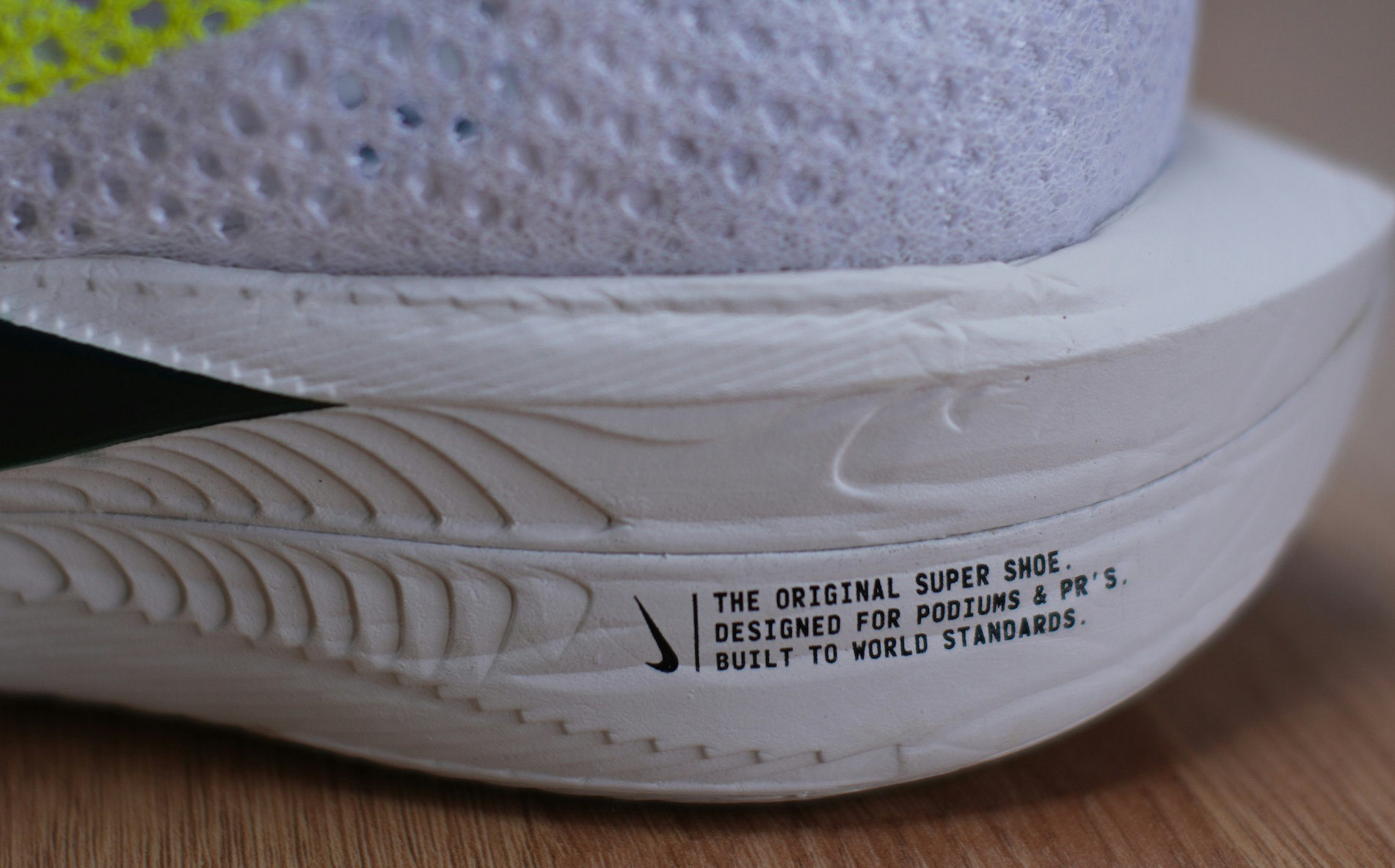When Ruth Chepngetich won the Chicago Marathon last Sunday, she did so in a staggering, record- breaking time of 2.09.56.
To put that into context:
- When Steve Jones won the Chicago Marathon in 1984, he set a new record of 2hr 08min 05sec
- If Chepngetich had been in that race, she would have been 4th in the men’s race
- The female winner in 1984 was Rosa Mota. Her time was 2:26.01 – over a quarter of an hourslower than Chepngetich.
This is an amazing feat and one achieved in some rather fancy footwear. It also takes us a step closer to reviewing technology’s part in world records.
The ‘tech doping’ v marginal gains debate is one we’ve been having at STA Towers for some time. At what point does a technology or design-led advantage become all-out unfair? What is the future of competition if reliance on technology for performance enhancement goes too far?
We took a deep dive into this in last year’s Sports Technology Annual Review. Spoiler alert – the status quo was that if apparel is commercially available, and therefore open to everyone, records are fair game.
One year on and this still seems reasonable – but only just. At what point do the scales tip and the kit delivers more to a performance than the athlete?
Anyone who has ridden an electric bike uphill will know exactly what I am talking about. In your head you might be one of the Kennys (you can choose which) but the sad truth is, you aren’t. You are you… but very much assisted.
Speedo’s LZR Racer of 2008 is invariably mentioned in this debate. For those of us lucky enough to be poolside in Beijing, it was thrilling. 94% of all swimming gold medals were won and 33 new world records were set by those wearing it. Two years later the International Swimming Federation (FINA; now World Aquatics) decided that technology should not overshadow athletes’ ability so banned all body- length swimsuits.
At the time there were some cries of ‘spoilsports’ but with 14 years’ hindsight, who could legitimately claim that the Olympics in Paris were lessened for having only two individual world records set?
And maybe that’s the issue. Are we starting to see setting world records as innate to fan engagement? Nearly every sports conference has a ‘how to engage young people 101’ on the agenda. Is this setting industry paranoia about the needs of meeting a demographic we believe would universally fail the Stanford Marshmallow Experiment? Is it essential listening? Or is it lazy scheduling?
If we are going down the path of record-breaking being an essential, we are underestimating fans – especially young ones. They do appear to prefer gratification of the immediate variety but they will also queue for hours to buy Taylor Swift tickets and sit happily through Hamilton. In this light, if we believe delivering world records practically on demand is fundamental to our longevity and are embracing tech to achieve this, we are pursuing the wrong sort of innovations.
What makes world records special – and great sideshows to major sports events – is heritage and history. They are not a right, they are hard-earned and the longer they stand, the more exciting it is when they fall. Technology shouldn’t cheapen them; sporting endeavour should honour them. Losing sight of that is a dangerous game.




No comment yet, add your voice below!